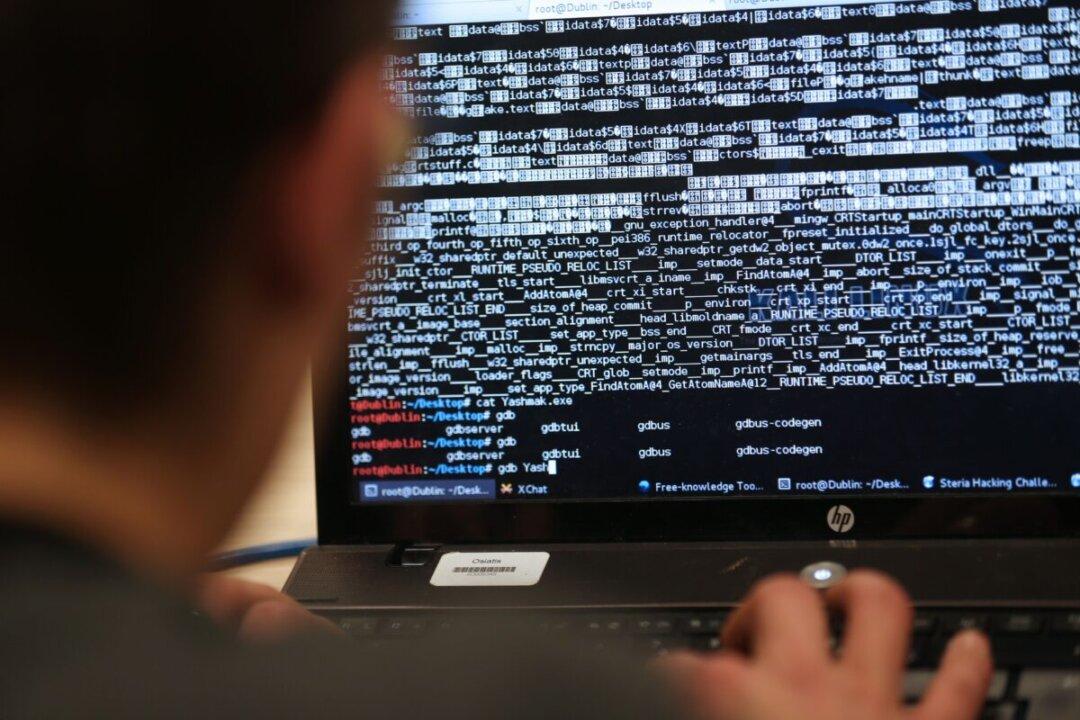Half of the Australian population has had their information stolen in one of the nation’s largest data breaches.
On July 18, electronic prescription service MediSecure announced that it had ceased investigation of a cyber attack into one of its database servers in early 2024.





